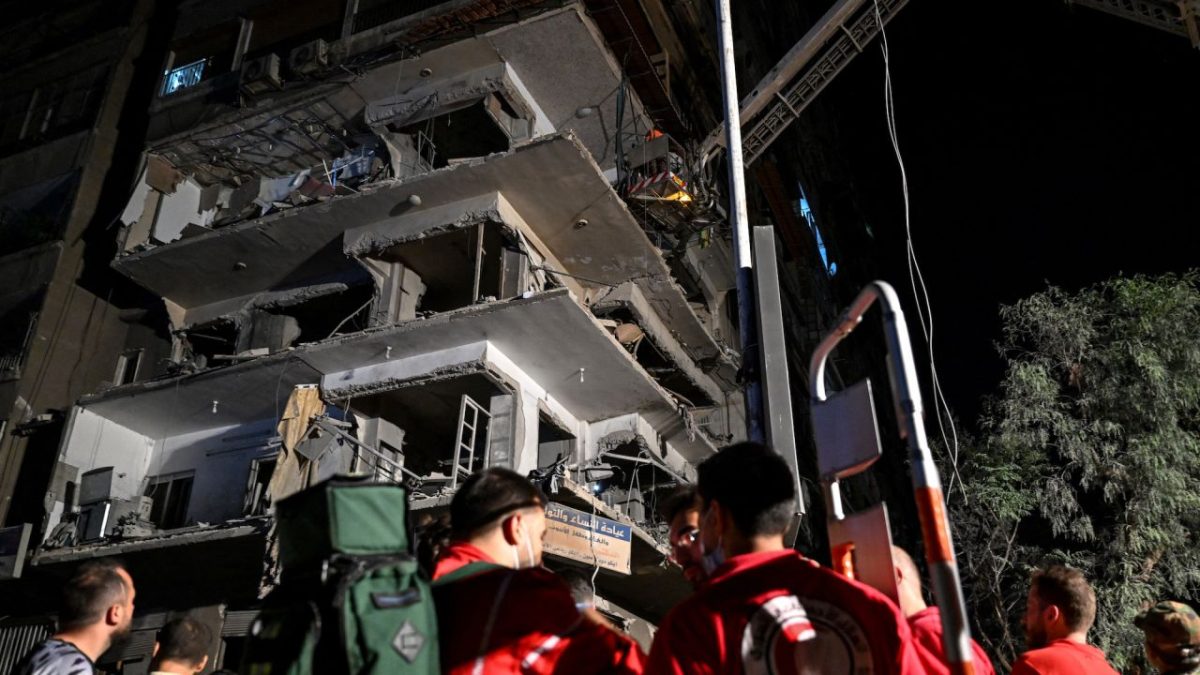In an interview with the Syrian TV news channel, Ahmad al-Sharaa, who is better known by his nom de guerre Abu Mohammed al-Jolani, said that Israel has “no more excuses” to carry out airstrikes in Syria.
He added that the recent raids on Syrian soil have crossed red lines and threaten an unjustified escalation in the region.
Immediately following the fall of the al-Assad government, the Israeli army captured the buffer zone in Syria’s occupied Golan Heights, shortly after Israeli Premier Benjamin Netanyahu announced the collapse of a UN-monitored disengagement agreement with Damascus.
The Israeli army also mounted hundreds of airstrikes against military bases, air defense stations, and intelligence headquarters, as well as long- and short-range missile depots and unconventional weapon stockpiles across Syria.
The rebel leader called on the international community to assume its responsibility to avoid an escalation and guarantee the respecting of Syrian sovereignty. Without directly mentioning Israel, he further spoke of “diplomatic solutions” as the only way to ensure security and stability and as a preferable option to “ill-considered military adventures”.
In his interview on Saturday, the new leader in Damascus appeared to indirectly respond to Israeli concerns and provide reassurance. Sharaa said that Syria is exhausted by years of war and that at this stage it will not be dragged into conflicts that may lead to further destruction, with reconstruction and stability the main priorities.
The rebel commander added that the Iranian entrenchment in Syria had posed a great danger to Syria itself, to neighboring countries and the Persian Gulf.
“We were able to end the Iranian presence in Syria, but we are not enemies of the Iranian people.”
Over the course of a wide-ranging interview, Sharaa mentioned some of the issues that his new government will soon need to address in managing post-war Syria. He stressed the importance of abandoning the “revolutionary mentality” that propelled the rebels, and the need to establish modern institutions, guarantee the rule of law and respect the rights of all Syrians.
Sharaa delivered a scathing critique of the al-Assad government, saying that it managed Syria like a “farm”, extracting and appropriating its resources to enrich itself. He added that in the upcoming period, documents will be published to prove the extent of “the regime’s enormous theft”.
He highlighted that the lightning victory of the rebels over the former governemnt, toppled in just 11 days, proved the effectiveness of their planning and training. The rebels “took control of large cities without anyone being displaced”, he stated. However, he did not conceal the fact that relations between the various rebel groups have been marked by internal conflicts, factionalism and foreign meddling.
He also mentioned the limited Russian air campaign against the rebels in the days prior to Assad’s overthrow and said it raised fears of a repeat of the Gaza scenario. With regard to future relations with Moscow, he added that the government change offers an opportunity to re-evaluate ties in a way that serves common interests.
Militants waged a surprise two-pronged attack on Syria’s Aleppo and the countryside around Idlib on November 27.
Soon afterward, they seized control of several major Syrian cities, including Hama, Homs, Dara’a, and Suwayda, before entering the capital Damascus.
On December 8, armed groups, led by HTS militants, announced that they had fully captured Damascus, and confirmed reports of the fall of al-Assad’s government.
